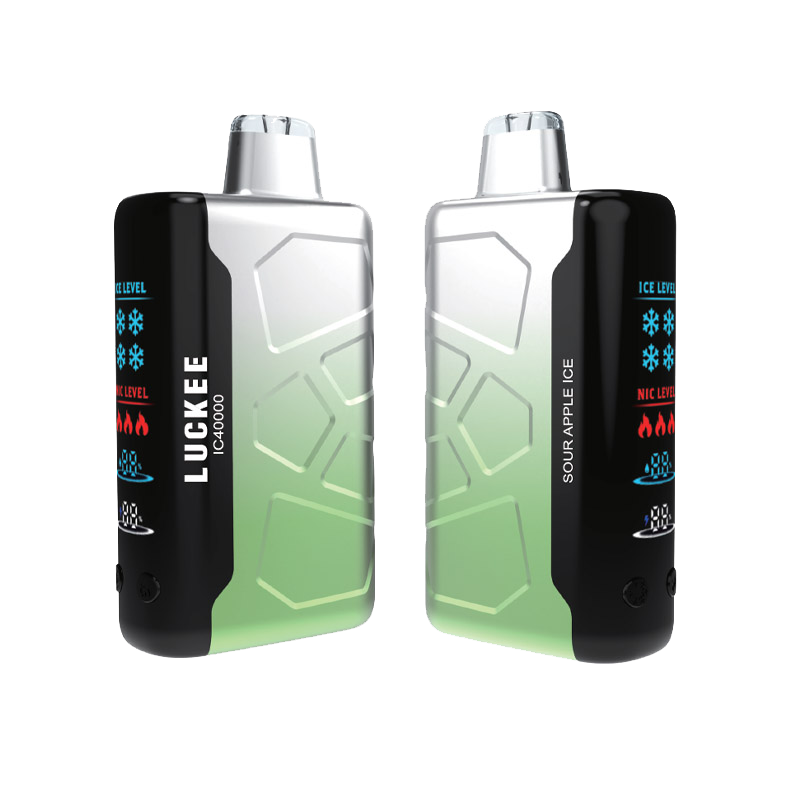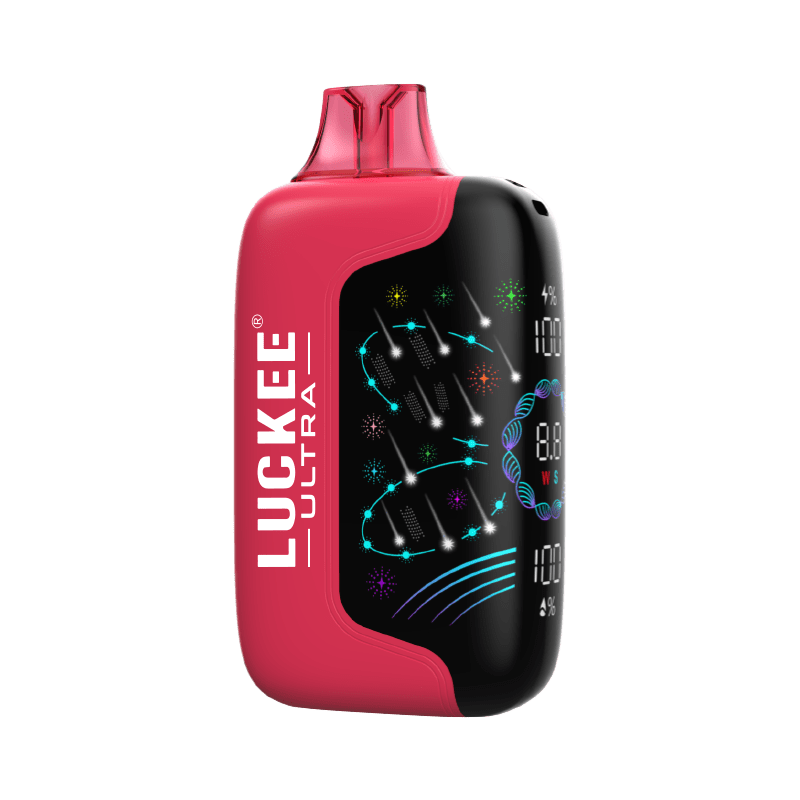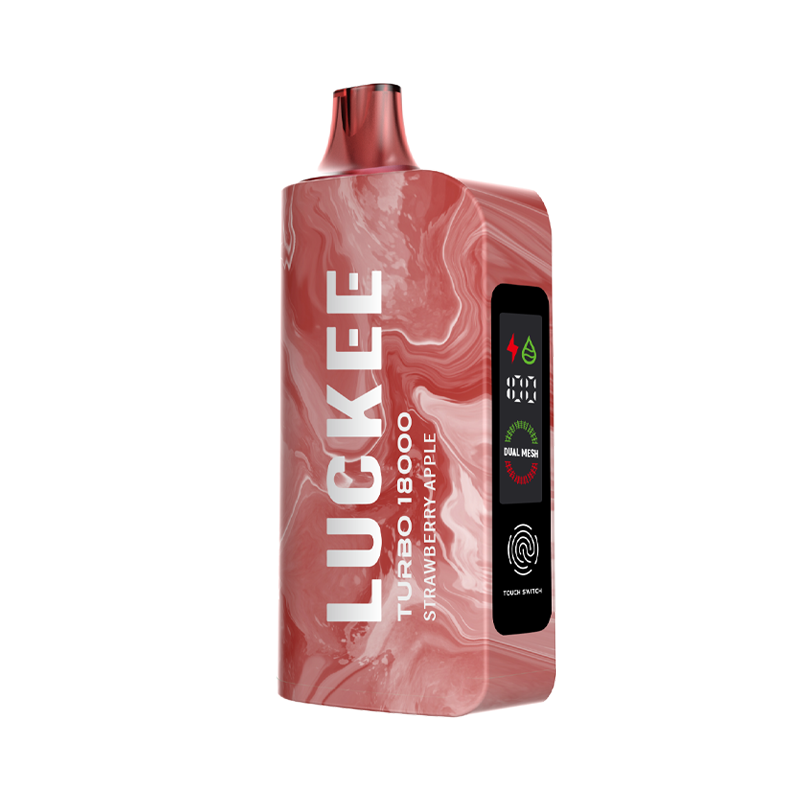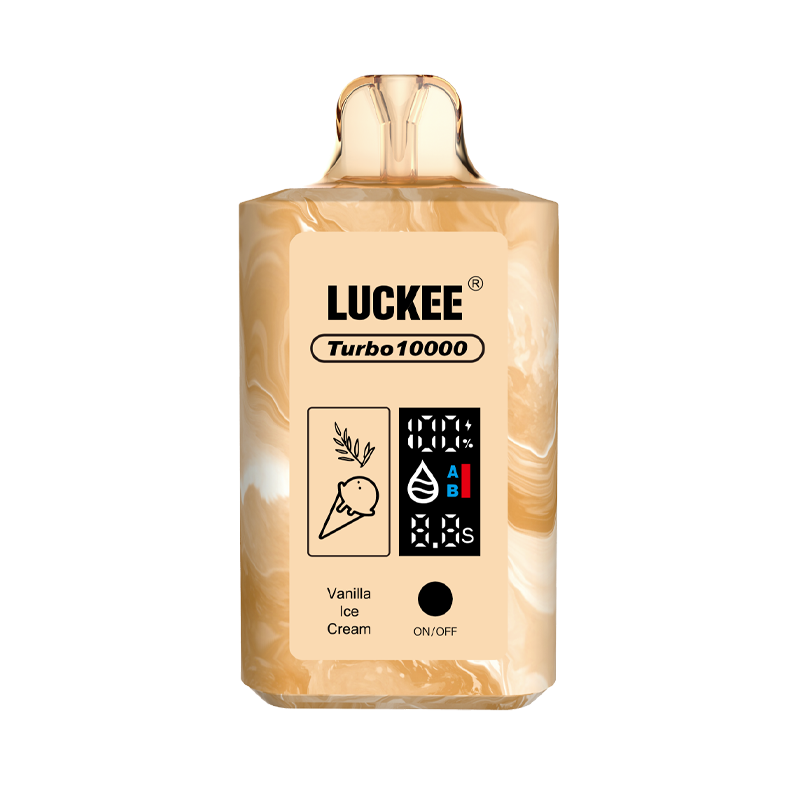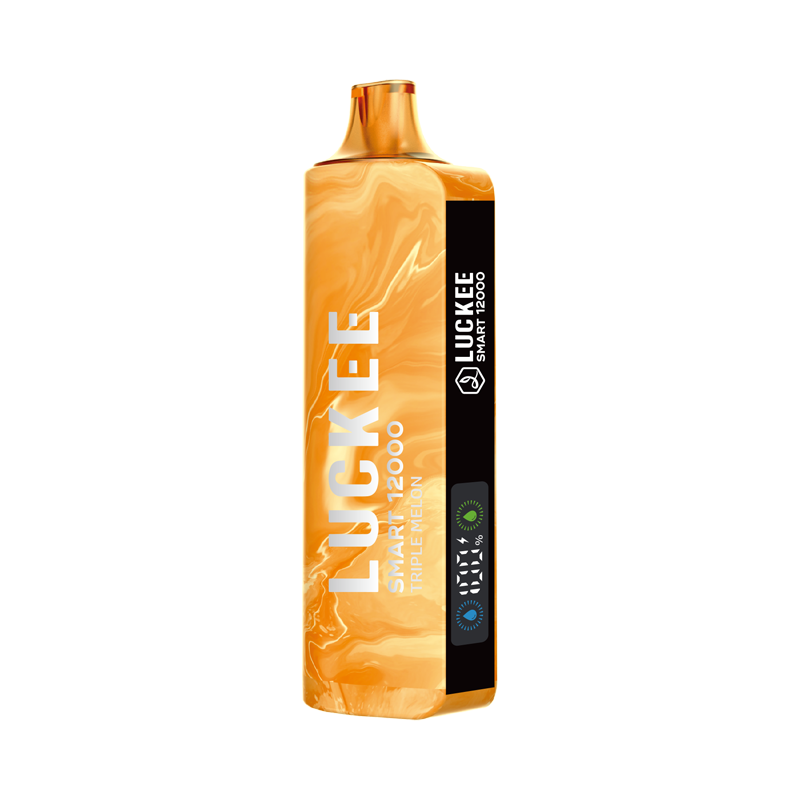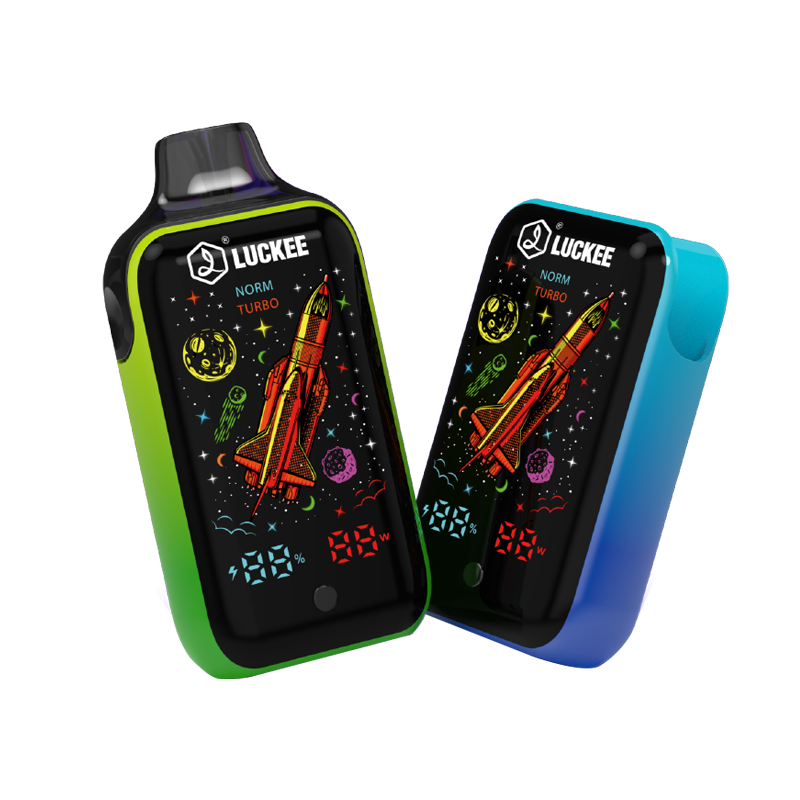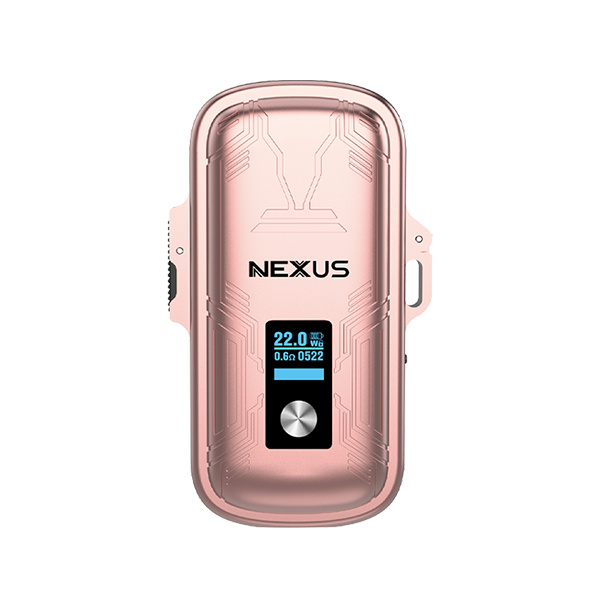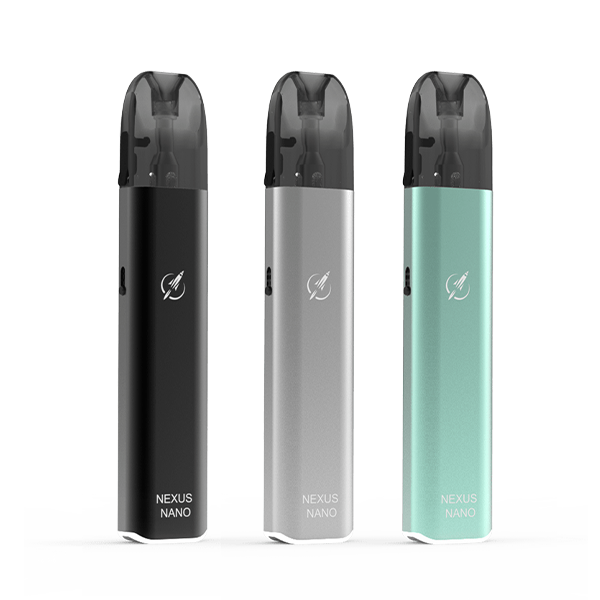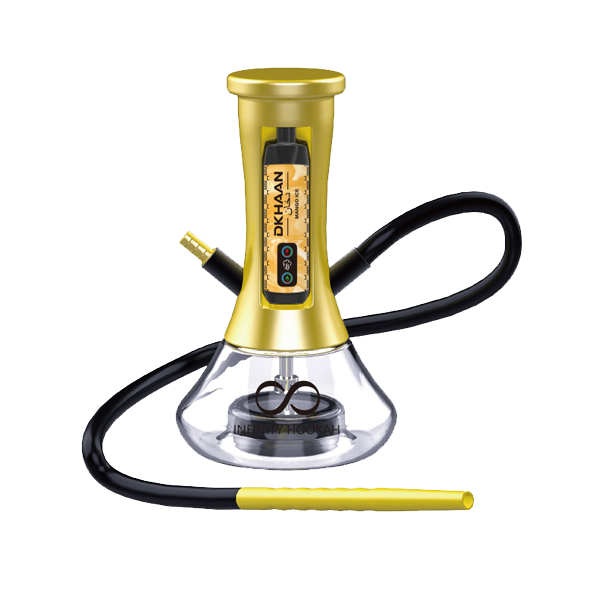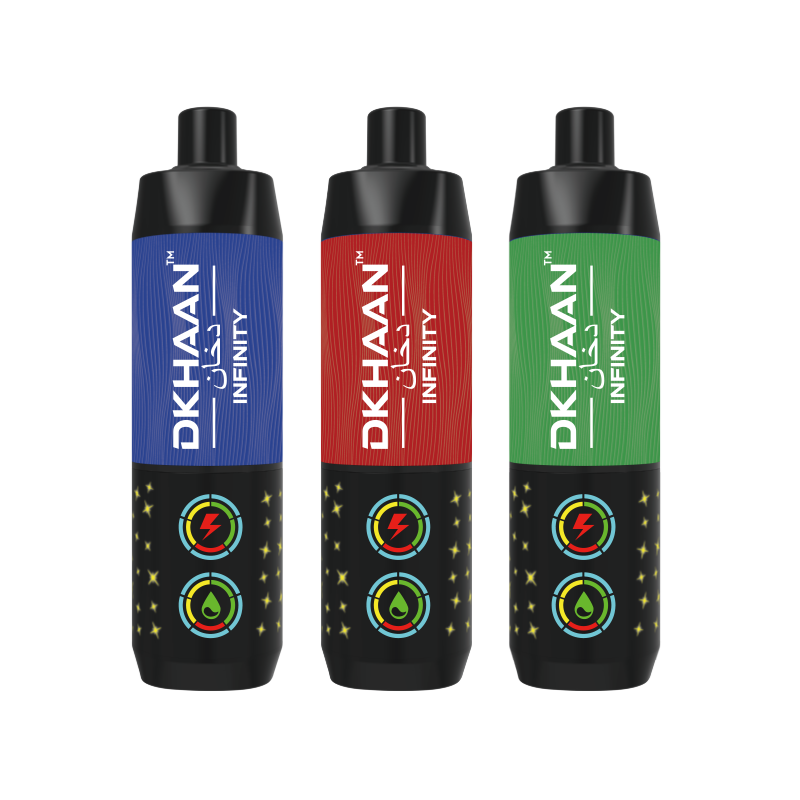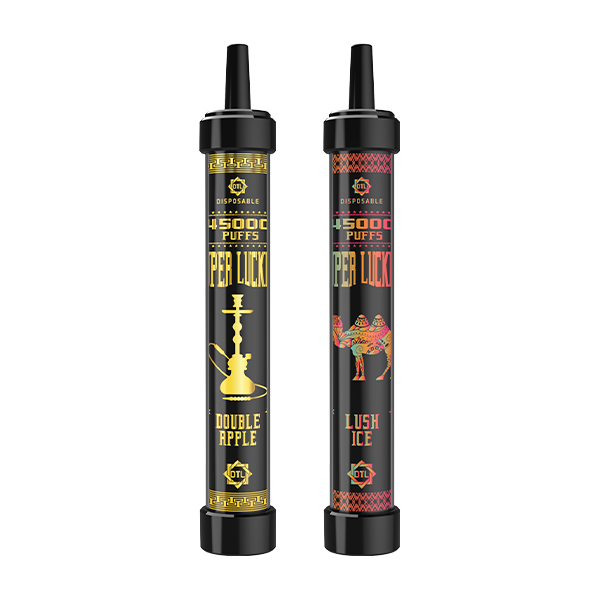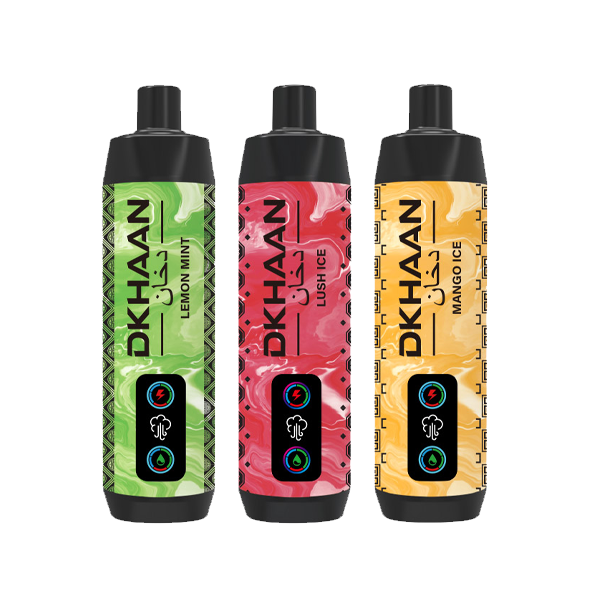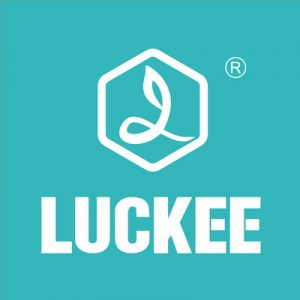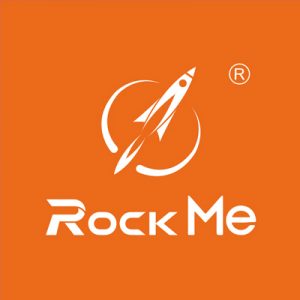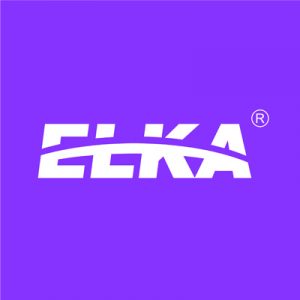What Vapes Are FDA Approved? With vaping regulations tightening across the United States, knowing which vapes have FDA authorization is essential for consumers, retailers, and manufacturers. Misinformation is common, and the phrase “FDA approved” is often misunderstood. This guide explains what FDA approval really means, which products have been authorized as of 2025, and what that means for the vaping community.
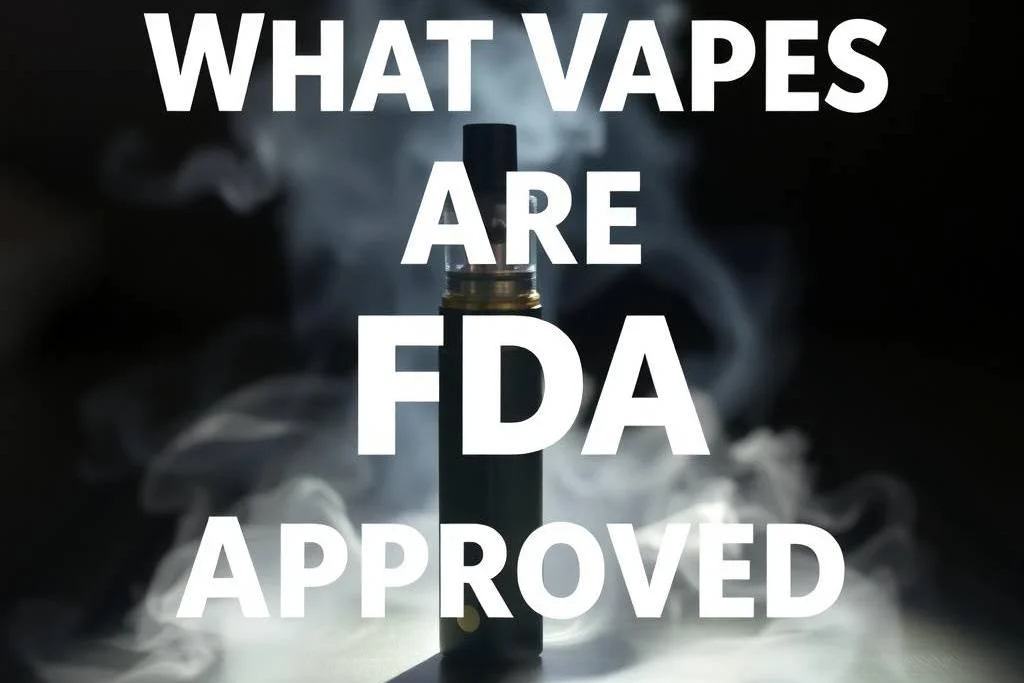
What Vapes Are FDA Approved Mean in the Vape Industry?
In vaping, “FDA approved” generally refers to whether a product has received Premarket Tobacco Product Application (PMTA) authorization from the U.S. Food and Drug Administration.
Important distinction:
-
FDA authorization means the product can be legally marketed in the U.S. because the FDA has determined it meets public health standards.
-
It does not mean the FDA endorses the product as completely safe—only that it may be marketed under current regulations.
Which Vapes Are FDA Approved in 2025?
Yes—there are FDA-authorized vapes, but the list is very short. Most products on the U.S. market have not received approval.
Currently Authorized Products:
-
Vuse Solo
-
Manufacturer: R.J. Reynolds Vapor Company
-
Status: Authorized in October 2021
-
Flavors Approved: Tobacco only
-
-
Logic Vape Products
-
Manufacturer: Logic Technology Development LLC
-
Status: Authorized in 2022
-
Flavors Approved: Tobacco only
-
-
NJOY Ace
-
Manufacturer: NJOY LLC (owned by Altria)
-
Status: Select products authorized in 2023
-
Flavors Approved: Tobacco only
-
⚠ Note: No fruit, dessert, menthol, or flavored disposables/open systems have received FDA authorization as of 2025.
Popular Brands That Are Not FDA Approved
Well-known names such as Puff Bar, Elf Bar, ROCKME VAPE,Lost Mary, and most disposable vapes are not FDA-authorized. Many are under enforcement actions, including warning letters, fines, and import bans.
Retailers selling unauthorized products risk serious legal consequences—seizures, injunctions, and penalties.
How to Check If a Vape Is FDA Approved
-
Use the FDA’s Searchable Database
-
Go to FDA.gov
-
Navigate to Tobacco Products → Marketing Orders.
-
-
Search for PMTA Authorizations
-
Enter the manufacturer or product name to verify authorization.
-
-
Watch for Misleading Claims
-
Some companies falsely advertise “FDA approval.” Always confirm through the official FDA database.
-
Why Are So Few Vapes FDA Approved?
The FDA’s PMTA process is strict. To gain authorization, a company must provide scientific evidence showing that the product:
-
Is less harmful than smoking traditional cigarettes.
-
Will not attract youth or non-smokers.
-
Benefits overall public health.
Many companies have had applications rejected, withdrawn, or are still waiting for review.
What This Means for Vapers in 2025
-
Consumers: Stick to authorized products to reduce legal and potential health risks.
-
Retailers: Stock only FDA-authorized items to stay compliant.
-
Importers: Avoid bringing in unauthorized products, as enforcement is increasing.
-
Industry Outlook: Expect more crackdowns on flavored disposables and unapproved brands in the coming year.
Conclusion
In 2025, only a few tobacco-flavored closed-system products—Vuse Solo, Logic, and NJOY Ace—have received FDA authorization. Flavored disposables and open systems remain unauthorized and subject to enforcement.
For anyone in the vaping community, verifying product status through the FDA database is the safest way to ensure compliance and avoid penalties.
FAQs
1. Are any flavored vapes FDA approved?
No. Only tobacco-flavored closed-system products have been authorized.
2. Is FDA approval the same as saying vapes are safe?
No. Authorization means the FDA allows marketing under certain rules, not that it’s risk-free.
3. What happens if I sell unauthorized vapes?
You may face product seizures, fines, and legal action from the FDA.
4. How do I check if my vape is approved?
Use the FDA’s Marketing Orders database and search for your product.
5. Why is FDA approval so rare?
The PMTA process requires extensive scientific evidence and strict compliance with public health standards.

